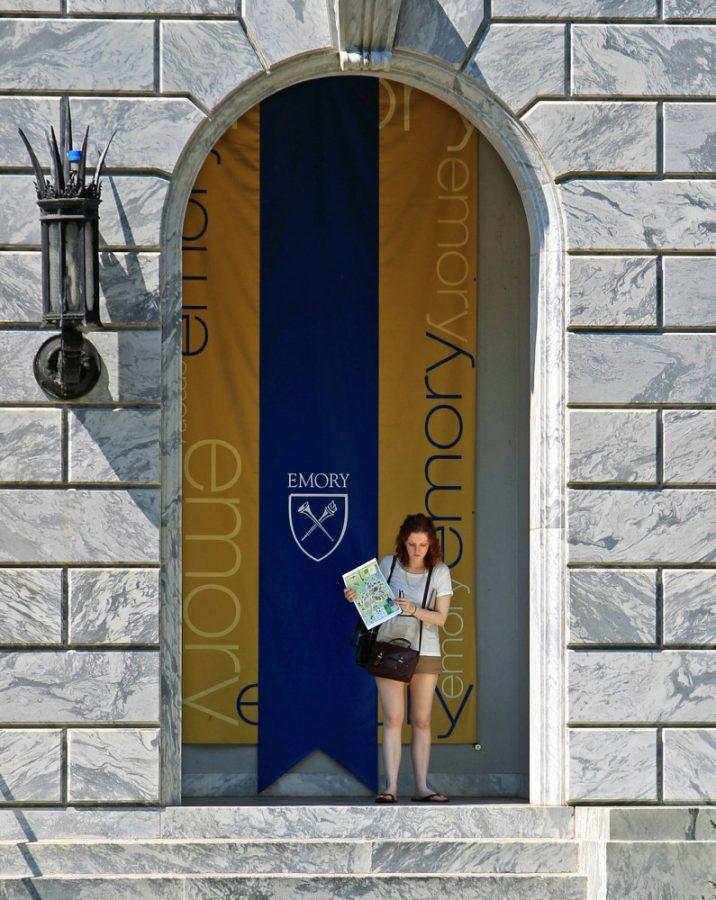ATLANTA — College rankings are so important to the Taylor family that even fifth-grader Lauren studies them. The Atlanta girl, who dreams of oceangoing trips in research vessels, has already narrowed her search to a few schools.
Her dad, Winston Taylor Jr., said the family finds rankings useful but also takes them with a grain of salt. The father of three, including a high school sophomore, said he suspected that rankings were flawed even before Emory University disclosed last month that it intentionally submitted inflated data.
“I’ve always questioned the rankings’ validity,” Taylor said. “It’s marketing, and when we talk about marketing, it’s selling.”
Emory’s misrepresentation reignited a deep debate over college rankings. Even as many parents, students and college officials criticize the lists, U.S. News & World Report averages 15 million page views on its website when its new rankings come out. The next edition will be released Wednesday.
Critics say the lists can’t be trusted, especially because they rely on data supplied by the schools and go through little fact-checking. They challenge the notion that a mathematical formula can sum up a college — its campus culture, the accessibility of its teachers, its academic quality. Making a decision based on rankings also can lead a student to the wrong school, a potentially expensive lesson.
There’s gaming of the numbers just short of wrongdoing, experts said. Baylor University in Texas faced criticism in 2008 for paying-already admitted students to retake the SAT in hopes of boosting the college’s overall average and its rankings.
Emory hasn’t determined why and when the misreporting began, but experts noted the pressure to remain a Top 20 school in U.S. News. Emory has been in this tier for 19 years.
Defenders of the system say the rankings are valuable, allowing families to easily compare many schools and exposing students to schools they’ve never heard of.
U.S. News & World Report is the granddaddy of college rankings, but dozens of rankings groups measure higher education, including Forbes, Kiplinger and Princeton Review. Brian Kelly, U.S. News editor and chief content officer, said that when the magazine first published rankings nearly 30 years ago, the goal was to provide hard information on the complex and confusing world of higher education.
The group calculates rankings using test scores, faculty salaries, per-pupil spending and other data. It also relies on surveys that call on college officials and sometimes high school guidance counselors to rate other institutions’ academic programs.
“We are just giving people the numbers, and they make their own decisions,” Kelly said.
Cheating is rare, he said. The publication has ways to ensure accuracy, such as cross-checking information with different sources. Its site says faculty salaries are compared with information from the American Association of University Professors. Data on admissions, tuition and financial aid are checked against the National Center for Education Statistics, Kelly said.
Results still can be wrong, he acknowledged. Emory admitted last month that it sent faulty information to databases used by rankings publications and the national statistics center.
College officials guaranteed U.S. News that they provided accurate information for the rankings coming out Wednesday.
“We’re certainly going to take a much closer look at their data,” Kelly said. Emory’s listing on the U.S. News website is now accompanied by an asterisk and notes that the school supplied incorrect data for the current college edition.









